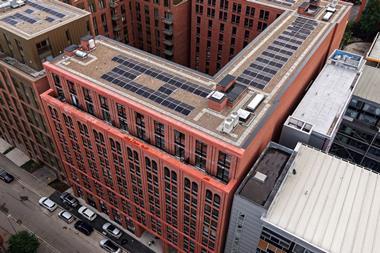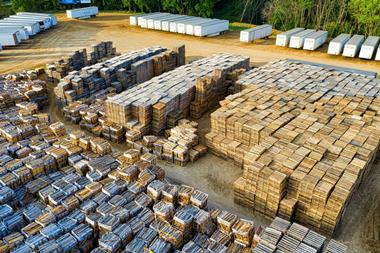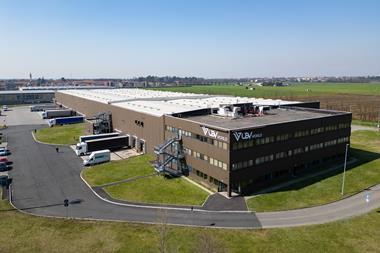UK – Tightening environmental regulation in the EU means increasing challenges for institutional investors and managers on how to deal with existing building stock, according to speakers at a seminar on real estate sustainability.
Speaking at the IP Real Estate Awards seminar in London, Tatiana Bosteels, chair of the property programme at the IIGCC (Institutional Investors Group on Climate Change) ranked realising the significance of regulatory pressures as the single most important issue facing property investors over the next decade.
"We are going to have to seriously rethink about the impact of our existing building stock, and we're going to have to seriously think about mitigating that," she said.
Targets contained in EU regulation for buildings were ambitious, she added, including a 20% reduction in environmental impact by 2020 (20%), rising to 40% by 2030 and 80% by 2050.
Key directives in this area are the Energy Performance of Buildings Directive (EPBD) and the Energy Efficiency Directive (EED).
Piet Eichholtz, professor of real estate finance at Maastricht University, agreed with Bosteels about the significance of regulation and added that investors and managers should take advantage of the opportunities in property and sustainability.
"We have to realise there is so much low-hanging fruit when it comes to real estate and sustainability," said Eichholtz, who is also a member of the executive board of GRESB (Global Real Estate Sustainability Benchmark).
"We need so much more money to make this happen, and that money is not give-away money, or subsidy money – it's just business investment that will get a decent return. So, industry, do your homework and start doing this."
Mark Mansley, investment manager at the UK’s £2.1bn (€2.5bn) Environment Agency Pension Fund, said there was a real risk of depreciated assets if the matter was ignored.
"The issue for managers is we will start to see stranded managers who are kind of behind the curve," he said.
Mansley said the investment industry was making progress on environmental issues, particularly since the early days when action was all about excluding certain investments.
"We're trying to identify what we can do and what our needs are," he said. "What we want to see are high-quality managers to integrate sustainability."
However, there was still a need for more standardised information and ratings in this area, he said.
Eichholtz said research showed the investment industry was actually making positive changes on green issues – and not simply "talking the talk".
Even though it would be easy for investors to improve their green credentials by simply selling older real estate assets and buying new buildings, which had been constructed to meet today's standards, evidence showed improvements were not simply due to this type of behaviour.
Comparison of like-for-like portfolios showed the industry was improving its game, he said.












